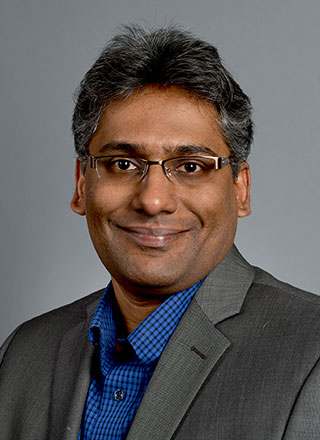
NSF Project to Advance Edge Computing
Edge computing has the potential to make our computers and devices run smarter and faster. Right now, though, the technology is in its infancy and not ready for prime time.
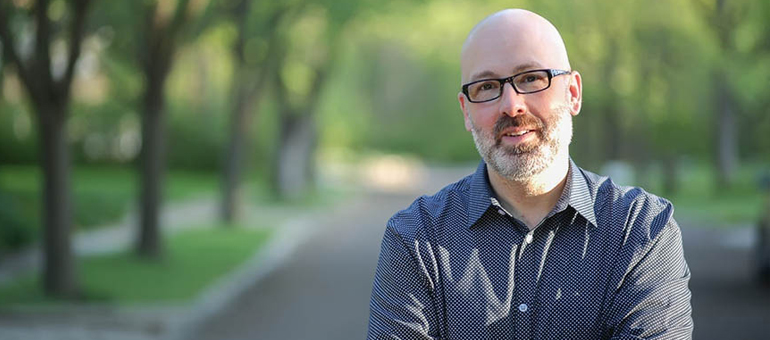
EECS Faculty Member Helps Develop Metrics for Open Source Software
Those wanting to download and use open source software in the future will have a better sense of what they’re getting, thanks in part to the work of a Mizzou Engineer. Open source software is computer software distributed with a license that allows anyone to see, use and modify the original code. In many cases, an open source project attracts other developers who contribute to the project. This forms a community where those involved improve and enhance the software. Sean Goggins, an associate professor in Electrical Engineering and Computer Science, is helping develop metrics to give potential contributors and users better insight into open source projects.
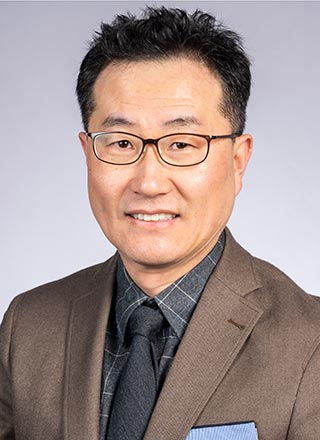
Improving the Performance of UAVs
Unmanned aerial vehicles (UAVs) are a major tool in the current arsenal for the U.S. military. They are used ever increasingly for a variety of missions to help keep personnel out of harm’s way.
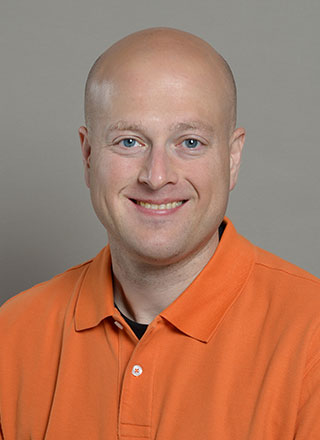
Improving Work Zone Safety
A sure sign that summer has arrived in Missouri is when the heat and humidity return. Another indication of summer is when the “Road Construction Ahead” signs pop up along the state’s highways, roads and streets. These signs usually indicate delays in getting to your destination.
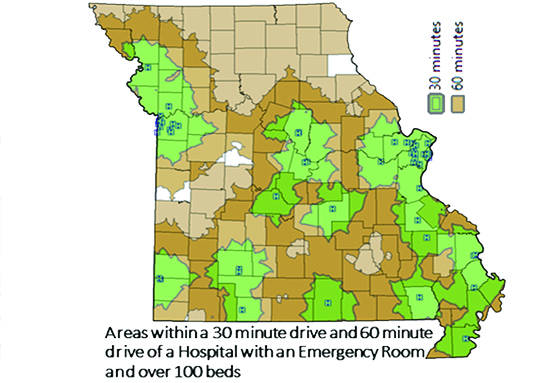
Mizzou Engineers, Physicians to Help Rural Missouri Plan Ahead for Pandemic: Geospatial Big Data is Key
Planning ahead for a pandemic—or any disaster situation—is costly and complex. Now, Mizzou researchers are hoping to take the guesswork out of it for Missouri’s smaller communities.
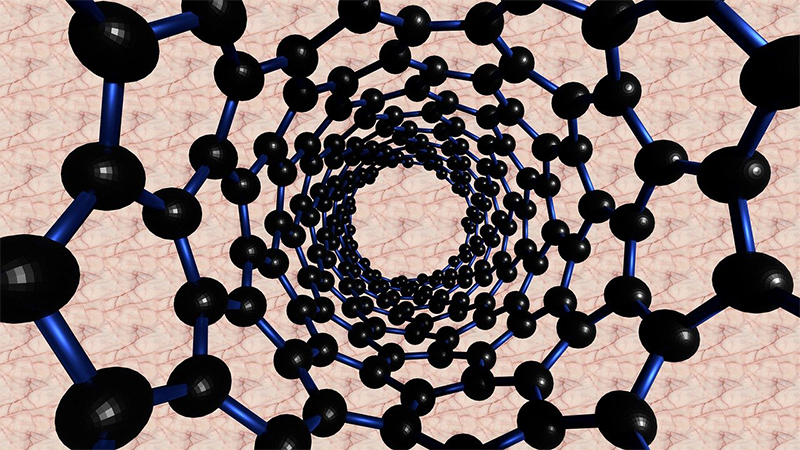
Mizzou Team to Use AI to Grow Carbon Nanotubes in Mass Quantities
A team of Mizzou Engineers is turning to artificial intelligence (AI) to help grow and control large quantities of carbon nanotubes—tiny, cylinder-shaped molecules made of rolled sheets of carbon. Using AI is a novel approach to mass producing them, a problem that has plagued scientists for decades. Now, the National Science Foundation is backing the idea with an award funding the group’s research for three years.
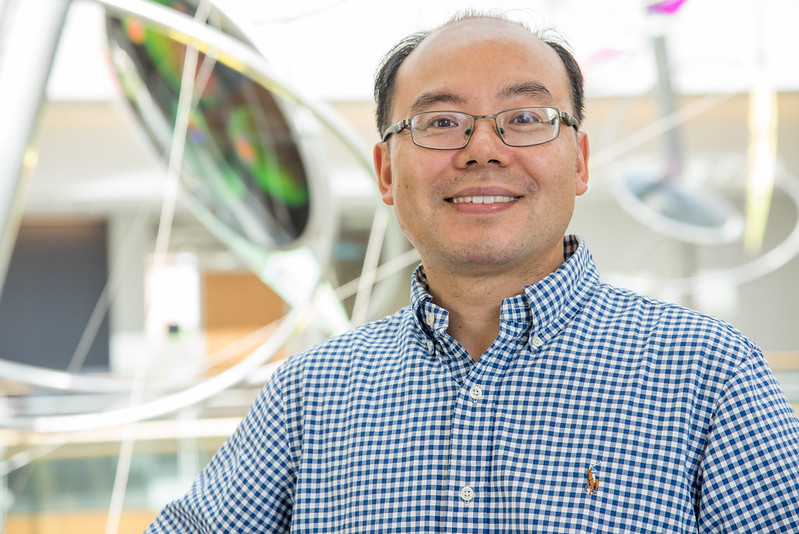
Flu researcher brings team together to tackle COVID-19
Professor Henry Wan has studied flu viruses for years, and he can assure you, coronavirus is not the same. It’s trickier. Less predictable And for many, deadlier. But there are insights scientists can glean from decades of research around the transmission of the flu. That’s why a team of Mizzou researchers is turning its collective attention to COVID-19.
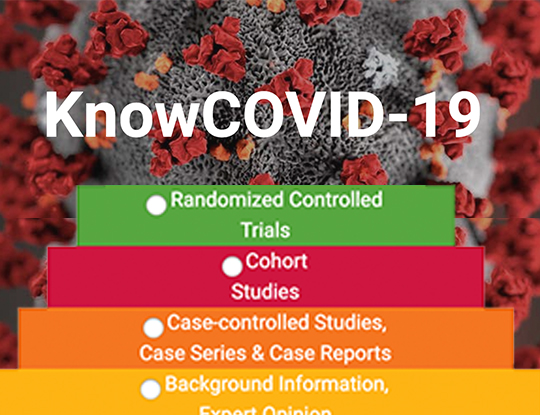
Site Connects Users to Reliable Information About COVID-19
Looking for reliable information about COVID-19? Want to access articles quickly without having to sort through hundreds of journal articles? You’re in luck. Graduate students at Mizzou Engineering have developed a tool to help you sift through resources fast.
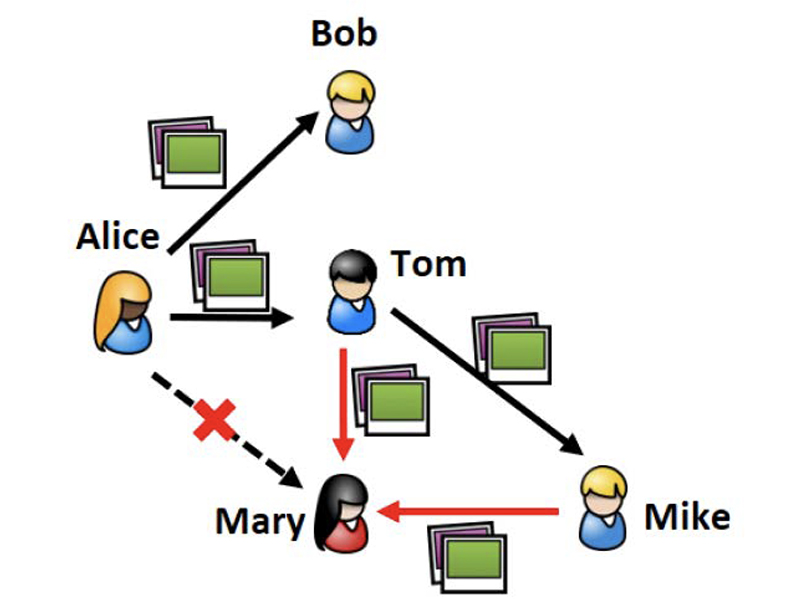
How to Stay Private While Sharing on Social Media
More people are turning to social media for human interaction during stay-at-home orders, but one Mizzou Engineering researcher warns that oversharing gives scammers opportunities to steal your private information.
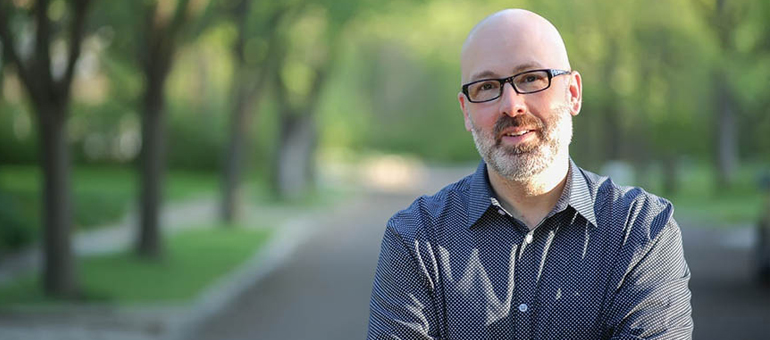
Those with chronic illnesses look to web for support during crisis
Roughly 150 million U.S. citizens with chronic illnesses turn to online support communities for assistance — a number likely to grow as COVID-19 forces high-risk individuals to stay home. But not all online health forums are created equal, one expert from Mizzou Engineering warns.